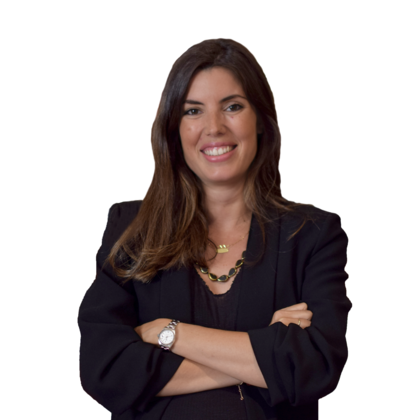C. RUIZ DE GAUNA
New York, 19th of March 2016.- Today, an American family flies to Cuba. But this isn’t any American family. The father is the President of the United States, Barack Obama; he flies accompanied by his wife, Michelle, his daughters, Sasha and Malia; and his mother, Marian Robinson. The visit, the first US presidential visit to Cuba since republican Calvin Coolidge in 1928, has all the symbolic weight that it possibly could. It is the manifestation of the process that began in December 2014, bringing about a new era of relations between the two countries, estranged since 1959 when Fidel Castro assumed power, nationalized private property, and provoked a strict commercial block on the part of the United States, which remains in place to this day. More than five decades have passed since then, and Obama seeks to make history in Cuba, just as his mandate comes to an end. Since the process began, embassies have been reopened in both countries and the US has facilitated easier travel to Cuba, given the green light to the reinstatement of regular commercial flights, resumed the postal service, approved licenses for new factories and given banks permission to open and maintain accounts for Cuban citizens, who can now access US dollars through official channels.
Embargo
The embargo, in spite of everything, remains in place. Its abolition can only be approved by congress, which is currently in a republican majority. However Obama is convinced that when his successor takes charge in January next year, he or she will see an end to the blockade. Of all the presidential candidates, republican Marco Rubio is the only one to have openly campaigned against the renewal of bilateral relations with Cuba. And just over a week ago Rubio withdrew his campaign, faced with a lack of support generally and a resounding failure in the Florida primaries, the state where the majority of those who left Cuba after the Castro revolution are concentrated. Democratic candidate Hilary Clinton on the other hand, has advocated a policy of continued relations with Cuba, and businessman Donald Trump has not commented on the issue, which in his case is a clear sign he has nothing against the proposal. In any case, a definitive lifting of the embargo would have to be preceded by concessions on both parts. Cuba meanwhile is trying to benefit from the policy shift without giving the impression of having got down on their knees in front of the world’s biggest economic power. “Cuba has already put their ‘conditions’ on the table” explains José Maria Viñals, partner at Spanish law firm Lupicinio, and director of their Cuban practice, “insofar as regards their citizens, their natural resources, and their sovereignty and national independence”. Obama’s visit to the isle may well bring about further steps towards Cuba’s reintroduction into the global community. According to Viñals, “it is perfectly feasible that the Obama administration, before the upcoming presidential elections in November, will lift the veto on Cuba’s participation in the main international economic institutions, such as the IMF, the World Bank, or the Inter-American Bank of Development”. This would represent a key step forward for Cuba. “It would open an important line of finance and financial aid to modernize and adapt Cuban infrastructure, as well as providing fundamental financial ‘know how’ and currency reserves for the much needed monetary unification of the country” says Viñals, asking: “What will Obama ask of the Cubam authorities in these coming days in return for his vote of no opposition to the return of Cuba to the international financial organizations?” According to this expert on Cuba, the United States could also arrive at an intermediary solution: lifting the ban on US tourism in the island, “which would be, in practice, an subtle means of lifting the embargo, strengthening economic ties and boosting the confidence of foreign investors in the island’s prospects”.
FOR MORE INFORMATION
| JOSE MARÍA VIÑALS CAMALLONGA PARTNER AND DIRECTOR OF INTERNATIONAL OPERATIONS jvc@lupicinio.com +34 91 436 00 90 |






